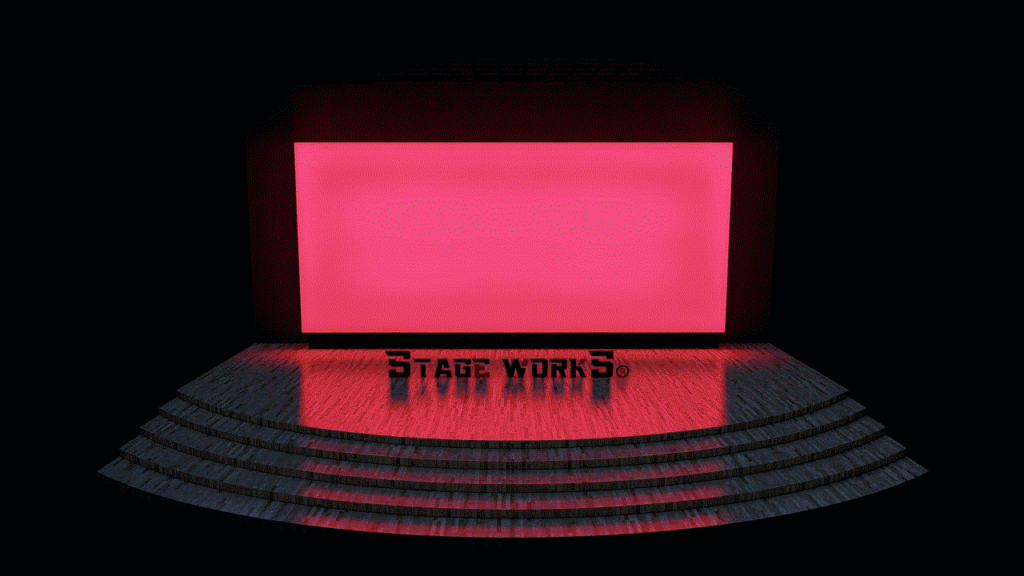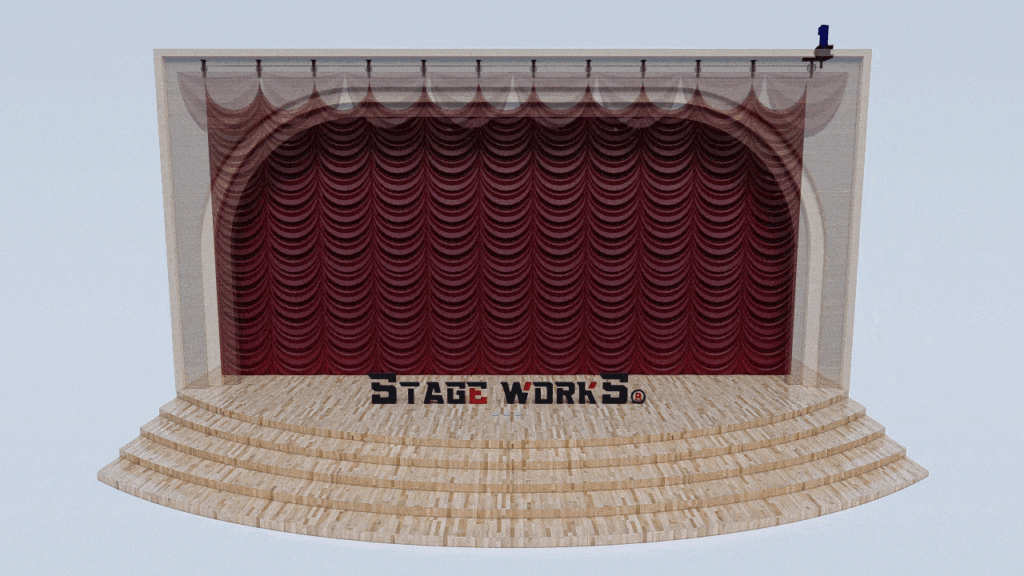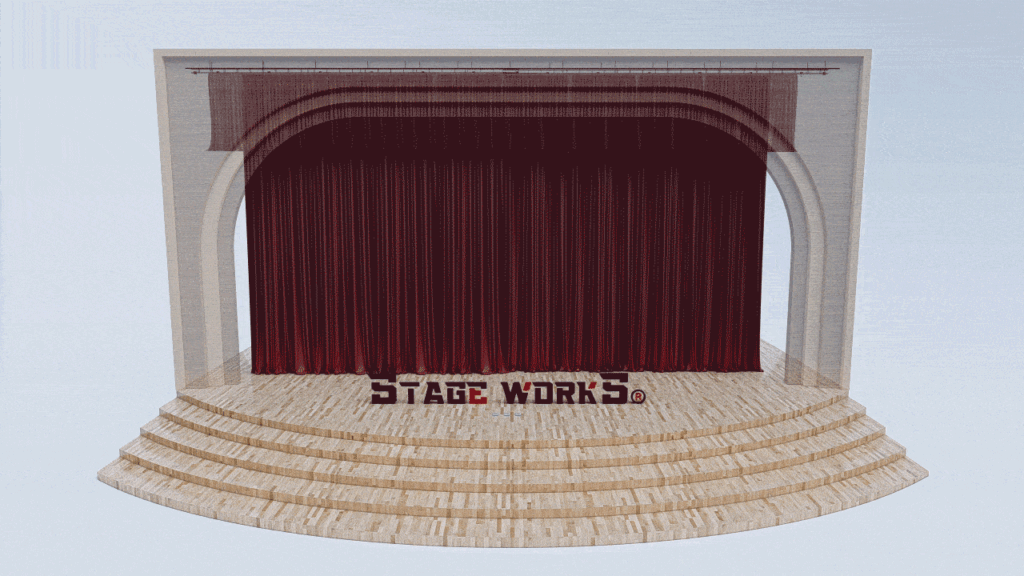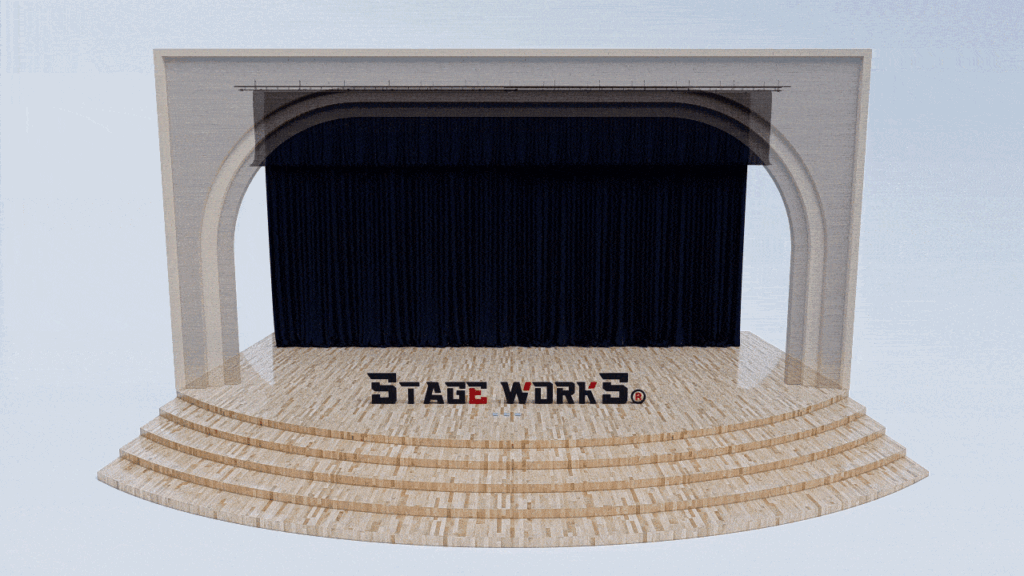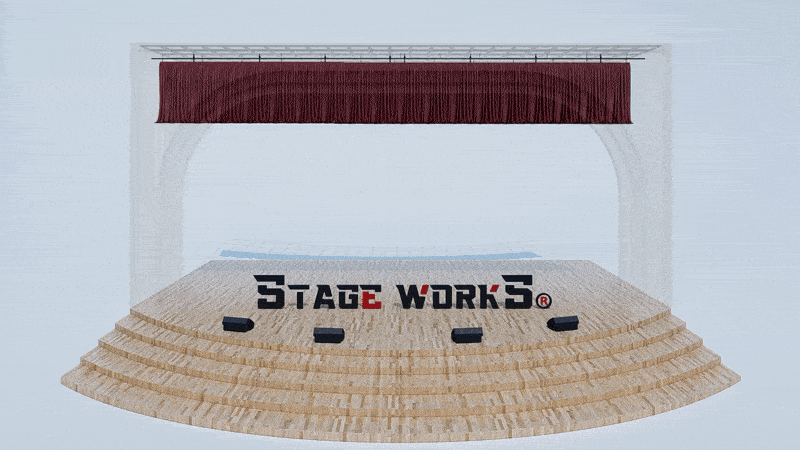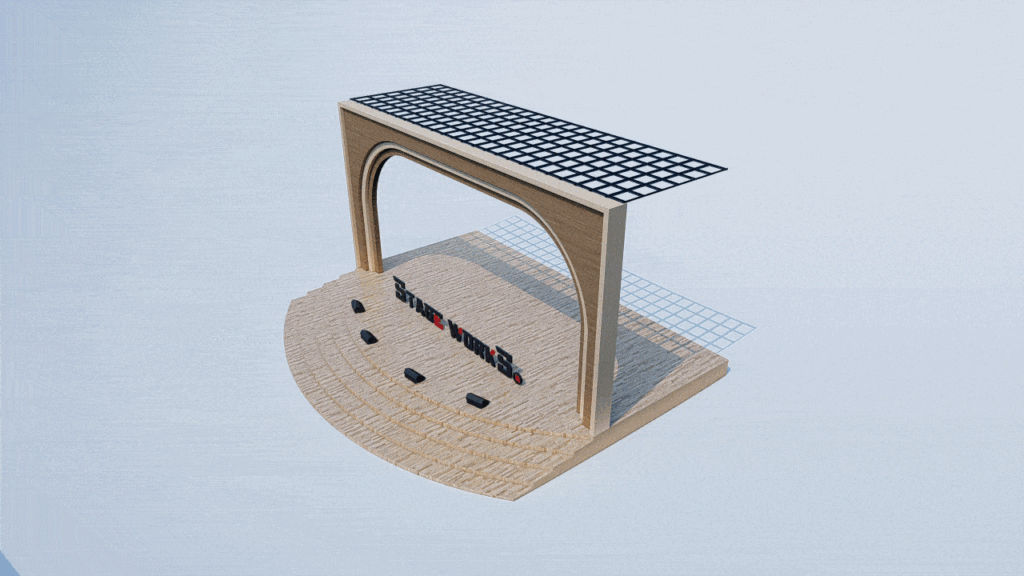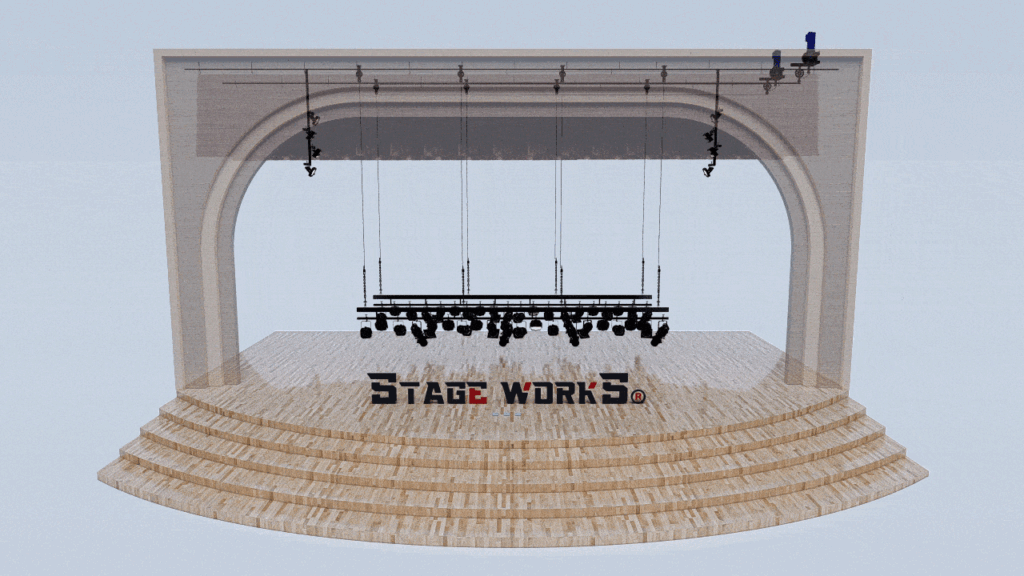Sustainable Stage Curtains: Eco-Friendly Fabrics & Designs for 2024
Choosing Eco-Conscious Fabrics
The theatrical world is increasingly recognizing its environmental impact. From energy consumption to waste generation, sustainability is moving to the forefront. Stage curtains, often large and frequently replaced, represent a significant opportunity for change. Fortunately, a growing number of eco-friendly fabrics are now available, offering both aesthetic appeal and reduced environmental footprint. This year, we’re seeing a rise in popularity of organic cotton, hemp, and recycled materials. Organic cotton, grown without harmful pesticides and fertilizers, offers a soft, durable option with a lower carbon footprint than conventionally grown cotton. Hemp, a fast-growing and robust plant, requires minimal water and pesticides, creating a highly sustainable alternative. Recycled fabrics, such as recycled polyester from plastic bottles, offer a powerful way to divert waste from landfills while providing a versatile and cost-effective option.
Innovative Designs for Minimized Waste
Beyond the fabric itself, the design of stage curtains plays a critical role in sustainability. Modular curtain systems, allowing for easy repair and replacement of individual panels rather than entire curtains, drastically extend the lifespan of the set. This reduces material waste and manufacturing needs. Additionally, opting for simple, classic designs that remain timeless minimizes the need for frequent replacements driven by fleeting fashion trends. Consider prioritizing durability over trendy aesthetics to maximize the long-term use of your stage curtains.
Reducing the Carbon Footprint of Production
The manufacturing process itself significantly impacts a curtain’s environmental profile. Seeking out manufacturers committed to ethical and sustainable practices is crucial. Look for companies that prioritize renewable energy sources, minimize water usage, and implement responsible waste management strategies. Transparency in supply chains is key; reputable manufacturers will readily share details about their production processes and environmental certifications, like GOTS (Global Organic Textile Standard) or OEKO-TEX Standard 100.
The Long-Term Benefits of Sustainable Stage Curtains
Investing in sustainable stage curtains offers more than just environmental benefits. The durability of eco-friendly fabrics often translates to longer lifespan, reducing the long-term costs associated with replacements. Furthermore, using sustainable materials and practices can enhance a theatre’s brand image and attract environmentally conscious audiences. This forward-thinking approach demonstrates commitment to corporate social responsibility and can be a powerful marketing tool.
Exploring Beyond the Basics: Creative Sustainable Options
Beyond common eco-friendly fabrics, explore innovative materials like Tencel (made from sustainably sourced wood pulp) or recycled nylon. These options provide varied textures, colours and functionalities. Consider using upcycled fabrics from other sources, transforming existing materials into unique stage curtains. This creative approach reduces waste and adds a unique character to your production. Consult with a specialist to explore the full range of sustainable options available to create truly unique and responsible stage designs for 2024 and beyond.
Keywords for SEO:
Sustainable stage curtains, eco-friendly stage curtains, organic stage curtains, recycled stage curtains, hemp stage curtains, sustainable theatre, green theatre, environmentally friendly theatre, stage curtain fabrics, modular stage curtains, sustainable stage design, GOTS certified stage curtains, OEKO-TEX certified stage curtains.



